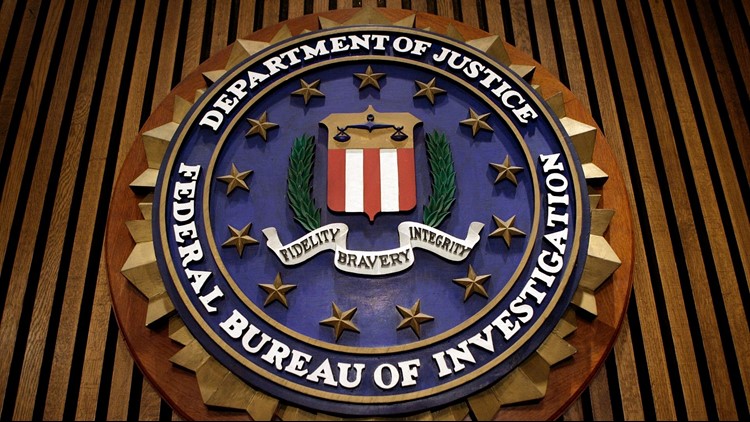TAMPA, Fla. -- As the FBI tries to figure out why a tip about alleged Parkland shooter Nikolas Cruz never got passed along, the bureau has released what some consider an alarming statistic.
According to its own statistics, 98 percent of reports made to the FBI’s tip line in 2017 were never followed up on.
Consider that at the peak of the Seminole Heights serial killings, Tampa Bay Crime Stoppers fielded more than 1,400 tips, and every last one of them was passed on to local law enforcement.
Even under normal circumstances, of the 450 tips they get each month, Crime Stoppers says the vast majority of calls and online submissions are forwarded for investigation.
“Probably only about 10 or 15 percent don’t get passed on. The majority of that we receive are information that is passed on to law enforcement,” says Tampa Bay Crime Stoppers Coordinator Master Deputy Kelly McLaren.
The FBI says it has more than a hundred agents vetting more than 4 million tips a year made to its public access line. But only 2 percent seem to have merit.
Staffers, they say, are trained to subjectively determine a caller’s credibility.
Tampa police, seeing a huge surge in threats and tips since last week’s deadly shooting, say they don’t have that luxury.
“Very few of them are quickly put aside,” said Tampa Police Chief Brian Dugan. But that was the case, said the chief, even before last week’s deadly shooting.
“You know, I don’t think it’s changed, because we always took it serious,” said Dugan, “And we put people in jail in the past. Now we’re getting a lot more.”
Former FBI Special Agent Dave Couvertier, who would take similar calls and reports at the FBI’s Tampa Field Office, says the 98 percent figure doesn’t shock or surprise him.
“I would have maybe one or two items that might have to be forwarded for action. The other ones were all very nebulous type of information,” said Couvertier.
The difference, says Couvertier, is that calls made to the FBI tip line are unfiltered. Many have absolutely nothing to do with federal law enforcement.
“Complaining about their neighbor, or complaining about some ordinance in the city or the county, or complaining about maybe they didn’t get a check they’re supposed to receive from the government” are typical calls to the tip line, said Couvertier.
Couvertier says it’s still clearly a mistake that a call having to do with a direct threat to public safety did not get passed along for further investigation.
He encourages people who want their tips taken seriously to be persistent. Tell several people. Call several agencies. Don’t leave it to the subjective scrutiny of just one.
Agents also say the more evidence you can pass along, the more credible a tip is likely to be considered. Photographs, video, and links to social media can all help determine whether a case gets further investigation or not.



